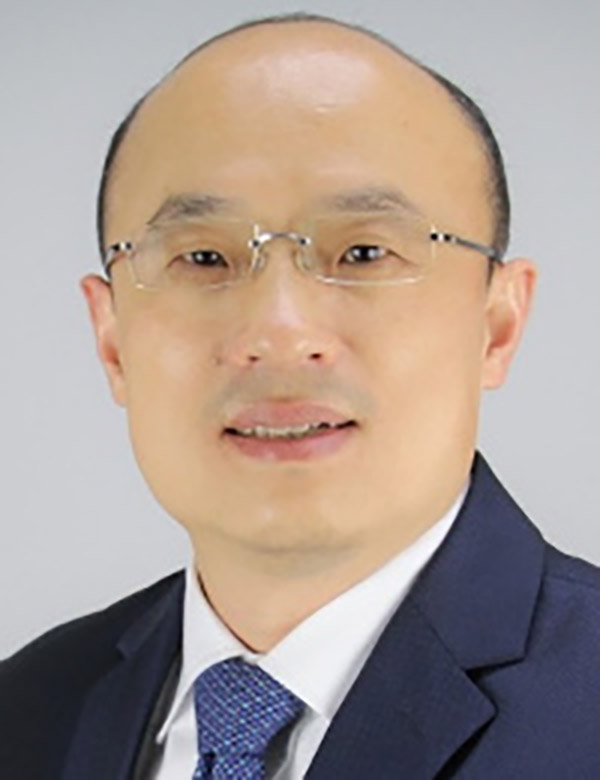KEYNOTE SPEAKER
Junmin Wang, Ph.D

About
Prof. Junmin Wang is the Lee Norris & Linda Steen Norris Endowed Professor in Mechanical
Engineering at the University of Texas at Austin. In 2008, he started his academic
career at Ohio State University where he was early promoted to Associate Professor
in September 2013 and very early promoted to Full Professor in June 2016. In 2018,
he left Ohio State and joined UT Austin as the Accenture Endowed Professor. He also
gained five years of full-time industrial research experience at Southwest Research
Institute (San Antonio Texas) from 2003 to 2008. Prof. Wang has a wide range of research
interests covering control, modeling, estimation, optimization, and diagnosis of dynamical
systems, especially for automotive, smart and sustainable mobility, human-centric
automation, and cyber-physical system applications. Prof. Wang's research programs
at UT-Austin and Ohio State University have been funded by federal agencies and industrial
companies such as National Science Foundation (NSF), Office of Naval Research (ONR),
Department of Energy (DOE), National Highway Traffic Safety Administration (NHTSA),
Texas Department of Transportation, GM, Ford, Honda, Tenneco, Eaton, Ftech, Denso,
and others. Dr. Wang is the author or co-author of more than 360 peer-reviewed publications
including 184 journal articles and 13 U.S. patents. He is a recipient of numerous
international and national honors and awards including 2019 IEEE Best Vehicular Electronics
Paper Award, 2018 IEEE Andrew P. Sage Best Transactions Paper Award, 2017 IEEE Transactions
on Fuzzy Systems Outstanding Paper Award, 2012 NSF-CAREER Award, 2011 SAE International
Vincent Bendix Automotive Electronics Engineering Award, and 2009 ONR-YIP Award. He
is an IEEE Vehicular Technology Society Distinguished Lecturer, SAE Fellow, and ASME
Fellow.
Dr. Wang received the B.E. in Automotive Engineering and his first M.S. in Power Machinery
and Engineering from the Tsinghua University, Beijing, China in 1997 and 2000, respectively,
his second and third M.S. degrees in Electrical Engineering and Mechanical Engineering
from the University of Minnesota, Twin Cities in 2003, and the Ph.D. degree in Mechanical
Engineering from the University of Texas at Austin in 2007.
